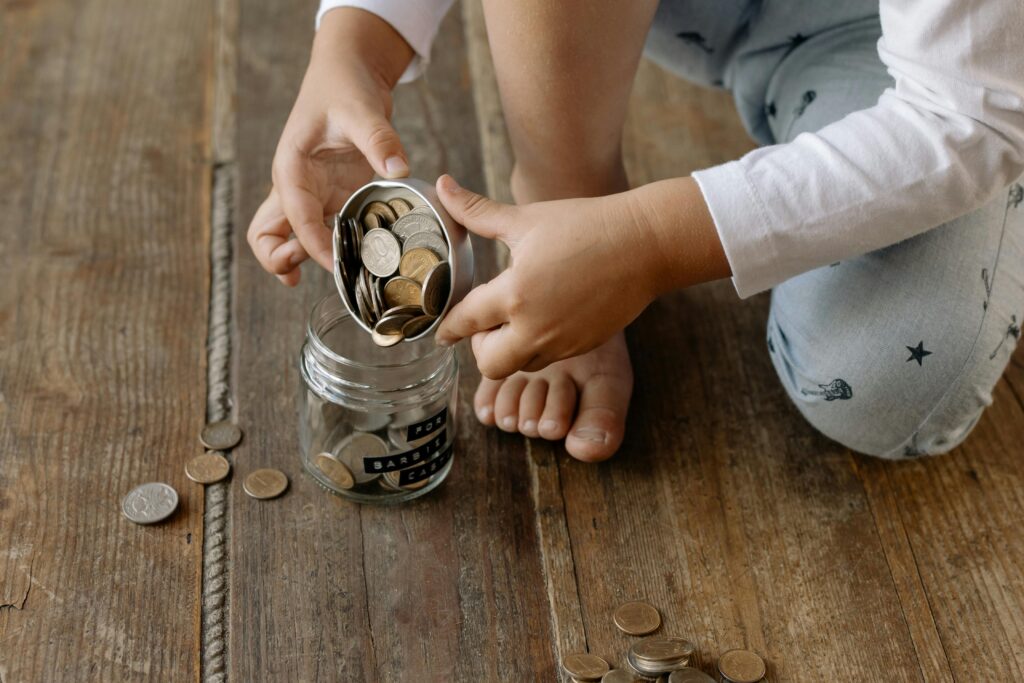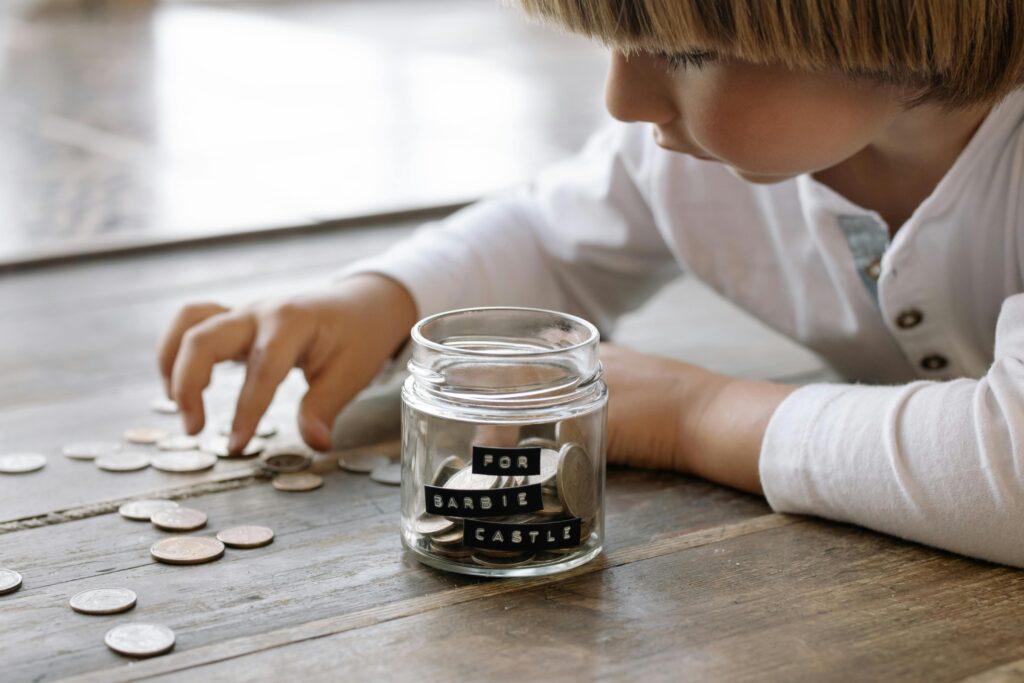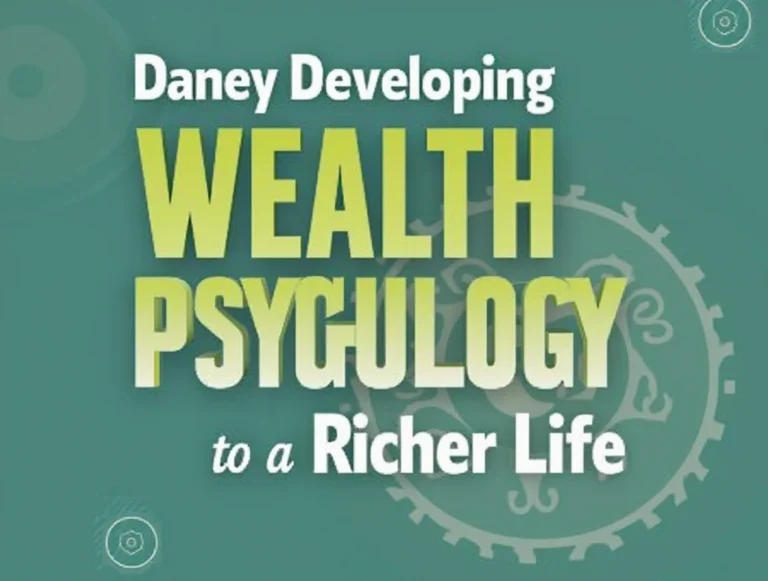Understanding how childhood and money habits intertwine can unlock valuable insights into your financial decisions as an adult. Research consistently shows that our early experiences with money both positive and negative play a critical role in shaping the habits and attitudes we carry into adulthood. In this article, we’ll explore how childhood and money habits develop, their lasting impact, and practical steps to reshape negative patterns.
Table of Contents
The Roots of Childhood and Money Habits
Family Influence: The Foundation of Money Beliefs
Your family’s approach to money is one of the earliest influences on your financial mindset. Did your parents openly discuss budgeting, saving, and spending? Or were finances a source of stress or secrecy? Studies from APA reveal that children internalize financial behaviors from observing their caregivers.
For instance, if you grew up in a household where money was a constant source of tension, you might associate finances with anxiety. Conversely, parents who modeled positive financial habits, like creating a budget or saving for long-term goals are more likely to pass these traits on to their children.
Cultural and Social Norms
Beyond the family unit, cultural and societal norms also shape childhood and money habits. In some cultures, frugality is highly valued, while in others, conspicuous consumption is normalized. Growing up in an environment that prioritizes financial literacy can set the stage for healthy money management skills, whereas a lack of such education may lead to struggles in adulthood.
The Lasting Impact of Childhood Money Habits

Spending vs. Saving: A Lifelong Struggle
Childhood experiences often determine whether you’re a spender or a saver. Children who were rewarded with instant gratification, like frequent toys or treats, may grow up to prioritize short-term pleasures over long-term financial security. On the other hand, children taught the value of delayed gratification tend to develop stronger saving habits.
A compelling study by Pew Research highlights how early exposure to saving even in the form of a piggy bank correlates with higher financial stability in adulthood. These foundational habits underscore the importance of instilling practical money skills in children from an early age.
Emotional Spending and Financial Stress
The emotional ties between childhood and money habits can also manifest as financial stress or impulsive spending. Children who grew up in poverty may develop a scarcity mindset, leading to either extreme hoarding of resources or reckless spending when they finally have access to money. Recognizing these patterns is essential for breaking the cycle and establishing healthier habits.
Read also: How Negative Money Beliefs Sabotage Your Financial Growth
How to Reshape Negative Childhood Money Habits

1. Reflect on Your Money Story
Understanding the link between your childhood and money habits begins with self-reflection. Ask yourself:
- What messages did I receive about money growing up?
- How did my parents handle financial stress?
- Do I replicate or rebel against these behaviors?
This introspection can help identify the root causes of unhealthy financial patterns.
2. Build Financial Literacy
Educating yourself about budgeting, saving, and investing can counteract negative habits developed in childhood. Resources like Investopedia and Khan Academy offer free tools to improve your financial knowledge.
3. Practice Mindful Spending
Mindful spending involves aligning your purchases with your values and long-term goals. By tracking your expenses and identifying emotional triggers, you can break the cycle of impulsive buying a common habit tied to unresolved childhood experiences.
4. Teach the Next Generation
Breaking the cycle of negative childhood and money habits requires passing on positive lessons to future generations. Openly discuss financial goals and involve children in budgeting exercises. Simple activities like creating a savings goal for a desired toy can instill valuable skills early on.
External Resources for Building Healthy Money Habits
For further reading and resources, consider exploring:
- Smart About Money: Offers practical tools and strategies to improve financial habits.
- Financial Therapy Association: Provides insights into the psychological aspects of money.
- Federal Reserve Education: A resource for understanding economic principles and personal finance.
Final Thoughts
The connection between childhood and money habits is profound but not unchangeable. By reflecting on your past, educating yourself, and taking deliberate steps to reshape negative patterns, you can build a healthier financial future. Moreover, passing these lessons to the next generation ensures a legacy of positive money habits.
Understanding and addressing the impact of childhood experiences on money habits is a journey worth undertaking one that promises not just financial stability but also peace of mind. Start today, and unlock the potential of your financial future.








